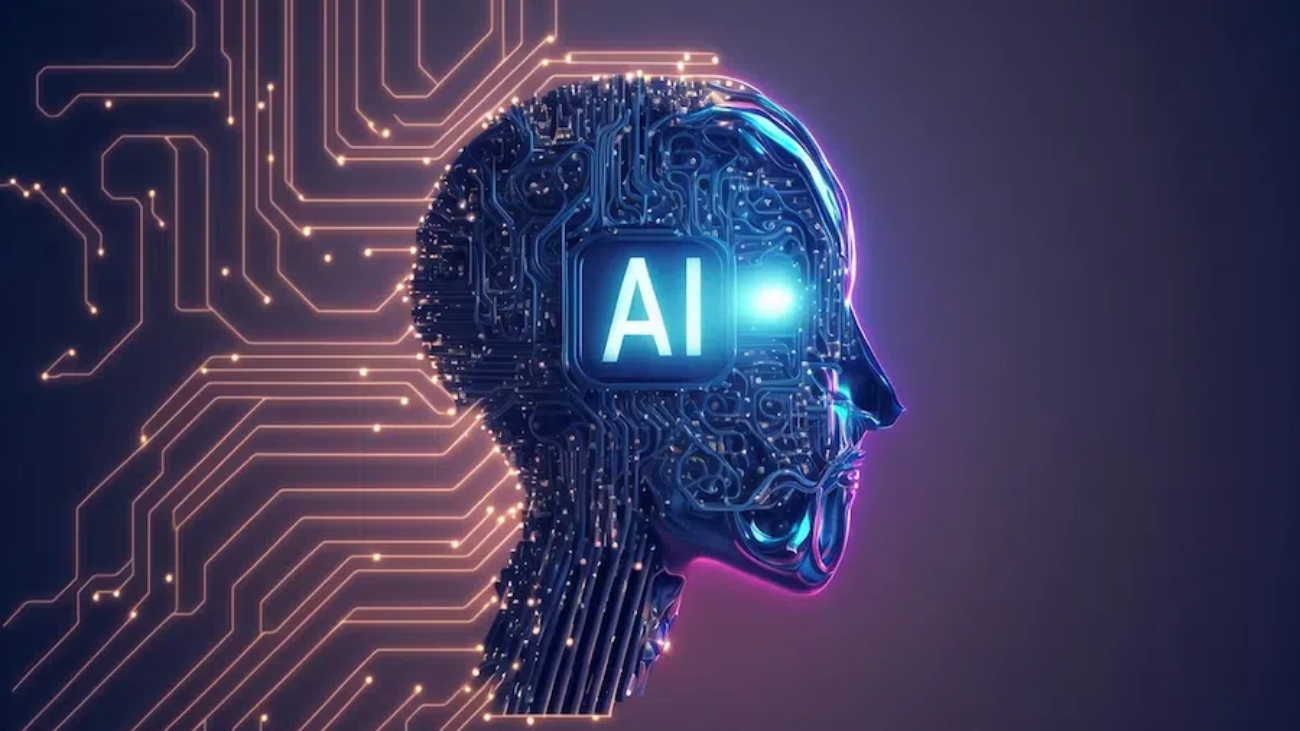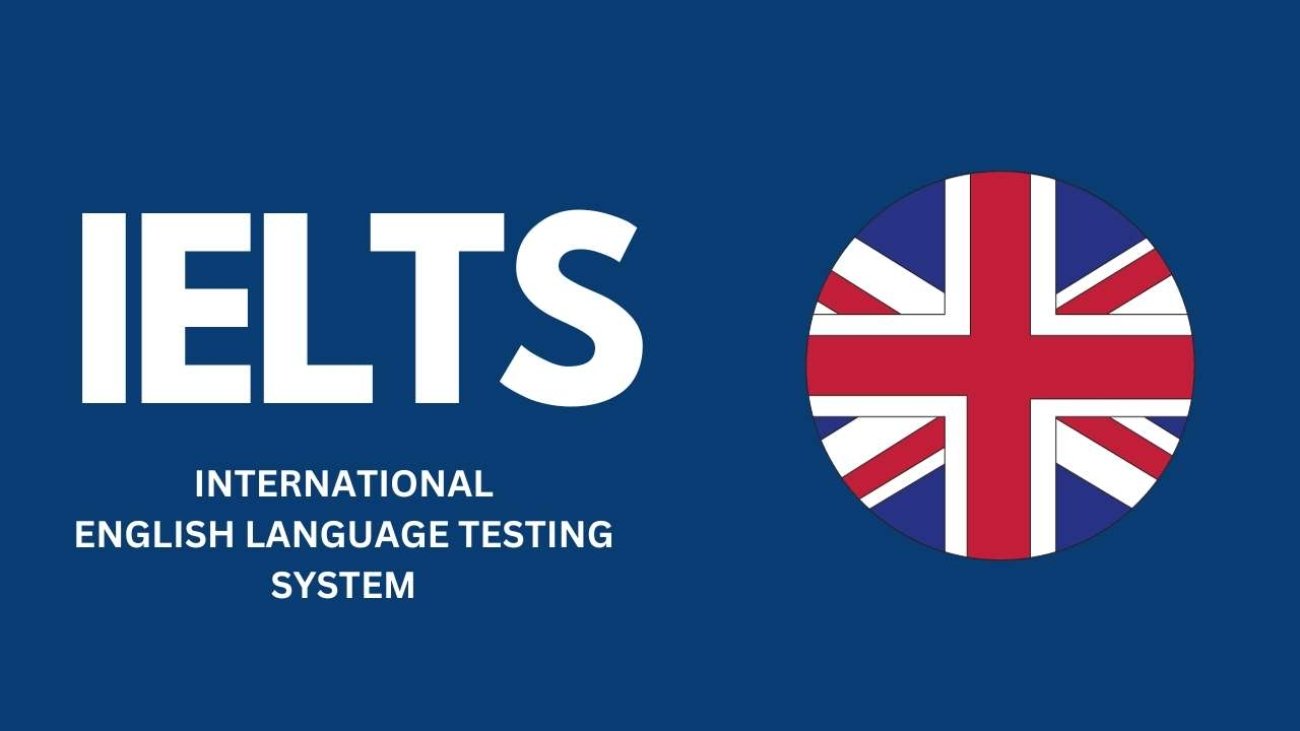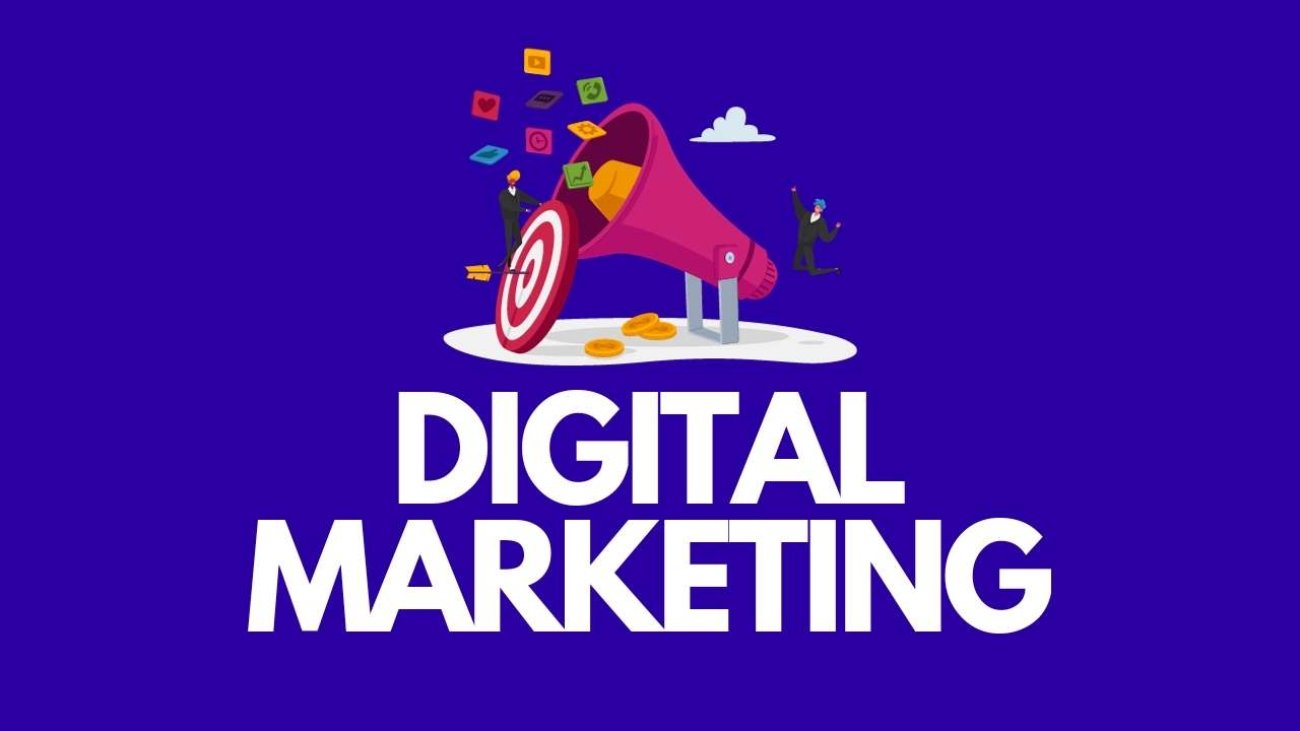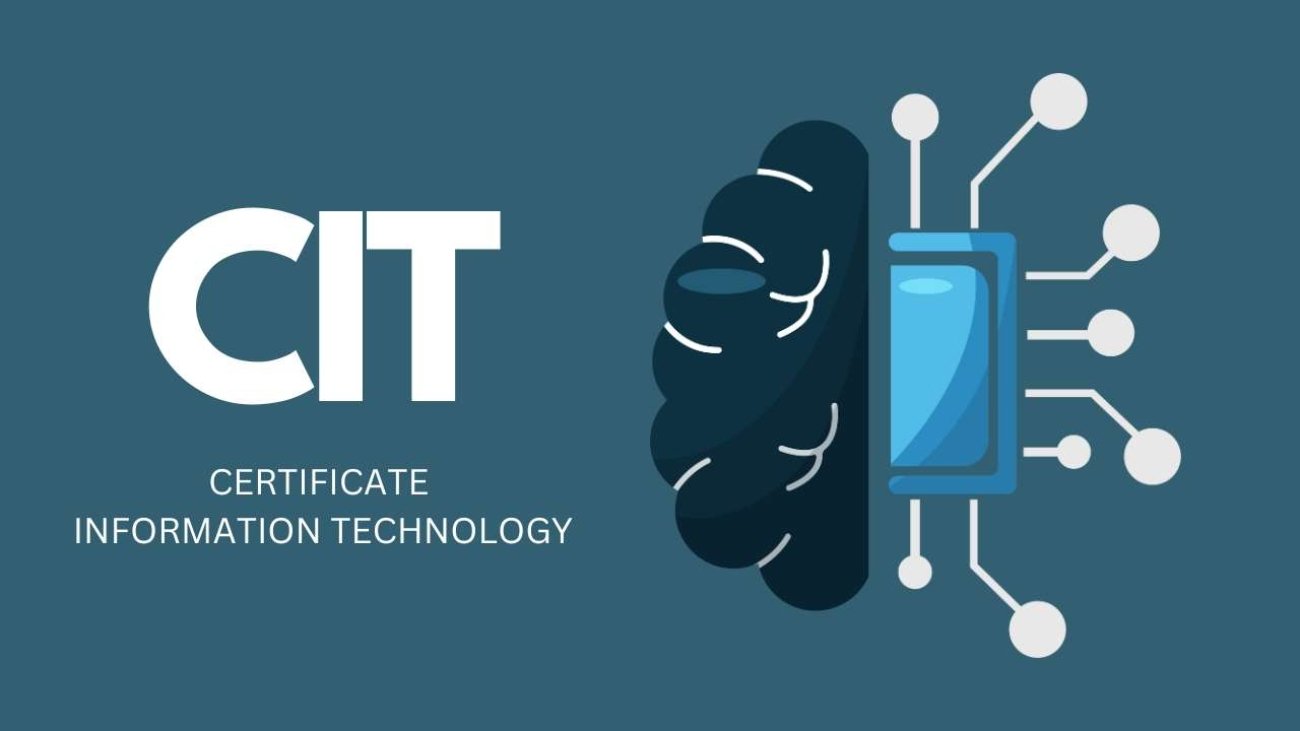Artificial Intelligence (AI) is one of the most transformative fields of our time. From self-driving cars to voice assistants, AI is reshaping industries and creating opportunities for professionals in almost every sector. As the demand for AI experts continues to rise, taking the right course to sharpen your skills can make all the difference in advancing your career. Whether you’re looking to break into AI or level up your current knowledge, there’s a course out there that’s perfect for you.
In this blog, we’ll cover the best AI courses available today, from beginner-friendly options to advanced certifications, to help you gain a solid understanding of artificial intelligence and boost your career prospects in 2025 and beyond.
1. AI For Everyone by Andrew Ng (Coursera)
Course Overview:
Offered by one of the most well-known figures in AI, Andrew Ng, this course is an excellent starting point for those who are new to artificial intelligence. It provides a non-technical introduction to AI, helping learners understand how AI works and how it can be used in various industries.
- What You’ll Learn:
- Basic principles of AI and machine learning
- Applications of AI in real-world scenarios
- The ethical implications of AI
- How to integrate AI into business strategies
- Why It’s Great for You:
- Ideal for beginners with no prior technical experience
- Taught by Andrew Ng, a leading expert in AI and co-founder of Coursera
- Free to audit (with a paid certificate option)
SEO Keywords: AI for Everyone, Coursera AI course, Andrew Ng, AI for beginners, machine learning basics.
2. Artificial Intelligence A-Z: Learn How to Build an AI (Udemy)
Course Overview:
This hands-on course on Udemy takes you through the practical aspects of building AI systems. It covers everything from the basics to advanced topics like deep learning, reinforcement learning, and building AI applications using Python.
- What You’ll Learn:
- Basics of AI, machine learning, and deep learning
- How to build AI models with Python
- Implementing neural networks and convolutional neural networks (CNNs)
- Reinforcement learning and self-learning AI agents
- Why It’s Great for You:
- Extensive hands-on projects to apply your learning
- Practical insights into building AI systems from scratch
- Lifetime access to course materials and updates
SEO Keywords: Udemy AI course, artificial intelligence course, build AI with Python, deep learning, reinforcement learning.
3. Machine Learning by Stanford University (Coursera)
Course Overview:
Taught by Andrew Ng (again!), this is one of the most popular and comprehensive machine learning courses available. It’s ideal for those who want to dive deeper into machine learning, a core subset of AI. You’ll learn about algorithms, data processing, supervised learning, unsupervised learning, and more.
- What You’ll Learn:
- Supervised and unsupervised learning techniques
- Linear regression, logistic regression, and decision trees
- Neural networks and deep learning
- Support vector machines and clustering techniques
- Why It’s Great for You:
- A foundational course in machine learning, perfect for aspiring AI professionals
- Practical experience with real-world datasets
- Free to audit, with an optional certificate
SEO Keywords: machine learning course, Coursera AI, supervised learning, Andrew Ng, machine learning algorithms.
4. Deep Learning Specialization (Coursera)
Course Overview:
Also taught by Andrew Ng and offered through Coursera, the Deep Learning Specialization focuses on deep learning techniques, including neural networks and advanced architectures like convolutional neural networks (CNNs) and recurrent neural networks (RNNs). This course is designed for those who already have a basic understanding of machine learning.
- What You’ll Learn:
- Neural networks, CNNs, and RNNs
- How to train deep learning models
- Advanced deep learning concepts and techniques
- Natural language processing (NLP) and AI for vision
- Why It’s Great for You:
- Advanced course ideal for learners with a basic understanding of machine learning
- Focus on deep learning, one of the most in-demand skills in AI
- Hands-on projects using Python and TensorFlow
SEO Keywords: deep learning course, Coursera deep learning, neural networks, deep learning specialization, AI for vision.
5. AI Programming with Python (Udacity)
Course Overview:
If you’re interested in learning how to program AI systems, this Udacity course is for you. It teaches the fundamentals of AI programming using Python, one of the most widely-used languages in the AI space. You’ll cover key concepts such as machine learning algorithms, neural networks, and more.
- What You’ll Learn:
- Python programming for AI
- Building neural networks from scratch
- Deep learning, natural language processing (NLP), and reinforcement learning
- Implementing AI techniques using TensorFlow
- Why It’s Great for You:
- Hands-on coding experience with AI algorithms
- Real-world projects to build your portfolio
- Flexible, self-paced learning
SEO Keywords: AI programming with Python, Udacity AI course, Python for AI, deep learning, natural language processing.
6. Data Science and Machine Learning Bootcamp with R (Udemy)
Course Overview:
This course is perfect for those who want to explore data science and machine learning using R programming language. It covers a range of techniques including machine learning algorithms, data visualization, and predictive analytics, making it an excellent choice for aspiring AI and data science professionals.
- What You’ll Learn:
- R programming for data analysis
- Data visualization techniques using ggplot2
- Supervised and unsupervised learning algorithms
- Building machine learning models with R
- Why It’s Great for You:
- Ideal for those with a strong interest in data science and machine learning
- Covers both theoretical concepts and practical implementation
- Affordable course with lifetime access
SEO Keywords: R programming course, machine learning with R, data science bootcamp, predictive analytics, machine learning algorithms.
7. AI and Machine Learning for Business (LinkedIn Learning)
Course Overview:
This course is ideal for professionals who want to understand how to apply AI and machine learning to solve business problems. It covers the essential tools and techniques of AI, with a strong focus on practical applications in the business world.
- What You’ll Learn:
- Key AI concepts and techniques
- Machine learning models for business use cases
- How to integrate AI into business processes
- Evaluating and interpreting machine learning models for decision-making
- Why It’s Great for You:
- Focus on business applications of AI and machine learning
- Short, concise course designed for professionals with busy schedules
- Certificate of completion from LinkedIn Learning, adding credibility to your profile
SEO Keywords: AI for business, LinkedIn Learning AI course, machine learning for business, AI applications, business intelligence.
8. AI in Healthcare Specialization (Coursera)
Course Overview:
For those interested in AI’s potential in the healthcare industry, this specialization covers the applications of AI in healthcare, including diagnostics, personalized medicine, and medical data analysis.
- What You’ll Learn:
- Introduction to AI in healthcare
- Machine learning for medical applications
- Building AI models to predict patient outcomes
- Ethical considerations in healthcare AI
- Why It’s Great for You:
- Focus on a specific industry with massive AI potential
- Taught by healthcare and AI experts
- Ideal for healthcare professionals looking to integrate AI into their practice




